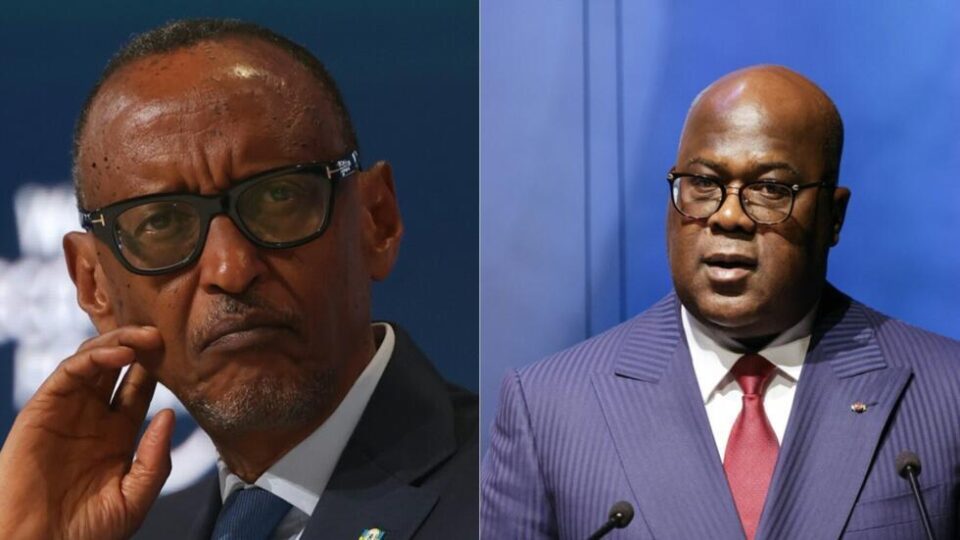KIGALI, Rwanda – In a significant diplomatic development, the Democratic Republic of Congo (DRC) and Rwanda have submitted a draft peace proposal as part of a U.S.-led initiative aimed at resolving the protracted conflict in eastern Congo.
The proposal, which includes provisions for U.S. investment in the DRC’s critical minerals sector, marks a potential turning point in a region long plagued by violence and instability.
The draft agreement, received by U.S. officials earlier this month, outlines commitments from both nations to cease support for armed groups, respect each other’s sovereignty, and collaborate on security and economic development.
Central to the proposal is the integration of U.S. investment in the DRC’s vast reserves of critical minerals—such as cobalt, lithium, and coltan—in exchange for infrastructure development and support in stabilizing the eastern regions .
The M23 rebel group, which Kinshasa accuses Rwanda of backing, has been a focal point of the conflict.
The draft agreement stipulates measures to curb the activities of M23, with the DRC insisting on the withdrawal of M23 fighters and Rwandan troops from its eastern territories, including key cities like Goma and Bukavu.
Rwanda, while denying support for M23, maintains that its military presence is a defensive measure against ongoing threats .
U.S. President Donald Trump’s senior adviser for Africa, Massad Boulos, has been instrumental in facilitating the negotiations. He confirmed the receipt of the draft texts, describing them as “an important step” toward fulfilling commitments made in the Declaration of Principles signed in April.
The U.S. envisions the peace agreement, potentially signed this summer, to attract billions in Western investment and promote industrialization in Congo while offering Rwanda a lawful economic opportunity .
However, the proposed linkage between peace and mineral investment has raised concerns among civil society organizations and experts.
Critics warn that such agreements could perpetuate historical patterns of exploitation and fail to address the root causes of conflict. They emphasize the need for transparency, equitable resource management, and genuine commitment to human rights and governance reforms .
Despite these concerns, both the DRC and Rwanda express cautious optimism about finalizing the agreement by the end of June.
The successful implementation of the deal could not only bring stability to a volatile region but also reshape the geopolitical landscape by reducing China’s dominance in the Congolese mining sector and strengthening U.S. strategic interests in Africa.




